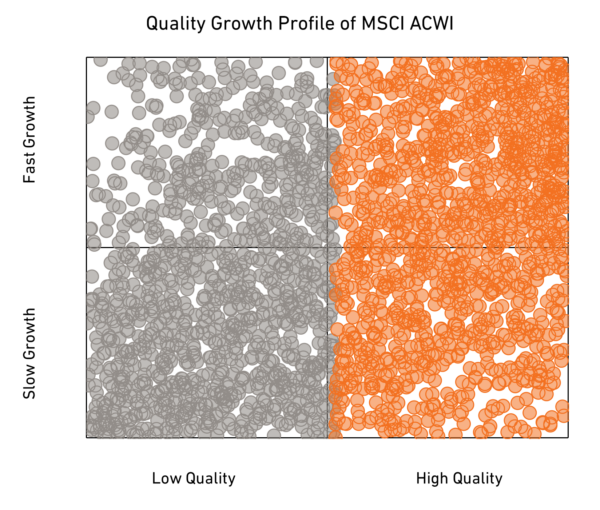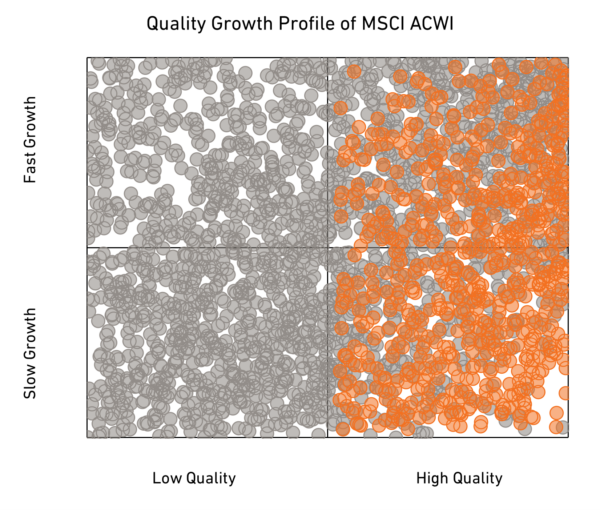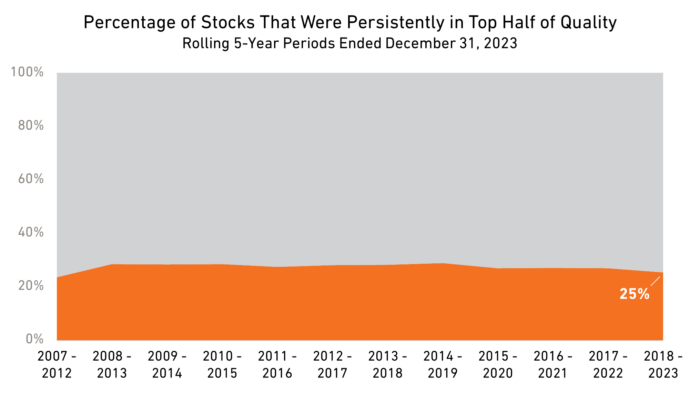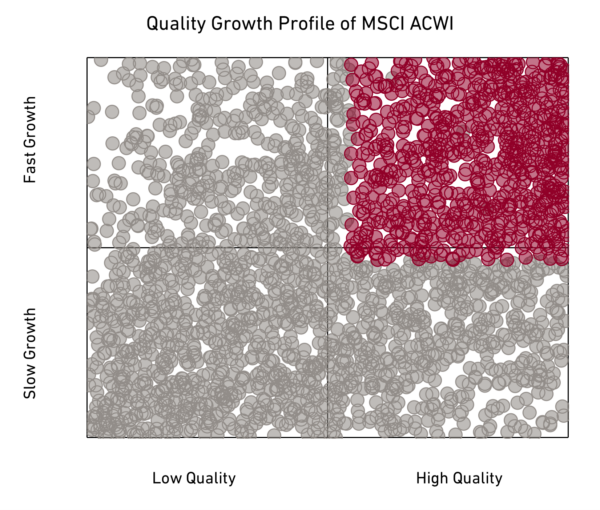In early January, Chinese internet giant Baidu surprised markets with the news that it was donating a cutting-edge quantum computer, the lab where it was built, and all the associated technology to the Chinese government.
Given the opaque relationship between the Chinese government and private companies, the exact terms of the exchange are unknown; Baidu’s move could result in the US putting the company on the restricted list that blocks US investments in companies that could be supporting China’s military. However, there is a plausible market-based reason for the donation: the quantum computer was expensive to build and maintain and the effort wasn’t profitable.
At a meeting with analysts in January, Baidu’s chief financial officer, Rong Luo, explained that the kind of “moonshot research” the quantum computer represented was too expensive and didn’t add to the company’s bottom line. Donating it helped cut costs and foster goodwill with the government. It was the kind of pragmatic move that the company had gotten away from in recent years.
Like their global peers, Chinese internet companies enjoyed years of growth and strong cash flows. That allowed them to expand beyond their core operations to invest in new business formats and technologies, such as Alibaba in offline retail and Tencent in fintech. They usually focused on creating scale even if the business itself was initially unprofitable. That goal depressed margins in the sector. But as growth has slowed, Baidu, Alibaba, Tencent, Netease, and other Chinese tech companies have been refocusing their operations on turning a profit.
At Baidu, this included bringing in Luo, who has a PhD in management science from Peking University and had been the CFO at TAL Education Group. During his tenure there, Luo played an important role in TAL’s transformation from operation-driven to data- and technology-driven, and from offline to online.
When Luo arrived at Baidu two years ago, some senior management didn’t recognize the importance of return-focused performance metrics. That has changed. Expenses have been cut. Research and development spending as a percentage of sales, which had been about 20% (and more than its peers), has been reduced. The company was making investments in innovative technologies, such as quantum computing, but there wasn’t likely to be a return on these investments in the foreseeable future. The effectiveness of projects is now measured on the return on investment and efficiency. Thus, the decision to give away the computer.
Now the company is focused on the parts of its business that are or can be profitable: its core ad business, cloud computing, and AI. In the highly competitive business of search, Baidu released an AI-based advertising platform called QingGe. The new platform essentially examines a users’ interactions with a chatbot and generates a new ad specifically tailored to them. The goal is to create a better advertising platform, with the goal of improving the click-through rate by 10x. Hitting that goal would add several billion in incremental RMB in 2024, the company said.
That’s one example of how management is employing AI, a crucial test. In 2017, Baidu was the leader among its peers in AI. It had Andrew Ng, the former head of Google Brain, as its chief scientist and signaled its intentions with its slogan “All in AI.” But Ng left the company in 2017.
Despite his departure, Baidu was the first among Chinese companies to launch a chatbot in 2019, shortly after OpenAI released ChatGPT. That chatbot, called Ernie, is not as advanced as ChatGPT 4.0 but is more advanced than its Chinese peers and many Chinese companies are using it to train their own more specialized models. In December, Baidu reported Ernie had more than 100 million users.
Even with a technological lead over its peers, Baidu hasn’t yet shown it can make AI a profit center the way some US-based companies have. It is testing monetization models, such as a subscription service, and fusing it into its search business, but neither investors nor Baidu itself can be certain how the AI efforts will affect the company’s profits (the company does not provide revenue projections for its AI business). What investors do know is that the company’s criteria for the success of that effort and everything else it does will be measured on the bottom line.
Image source: Ascannio – stock.adobe.com
What did you think of this piece?












